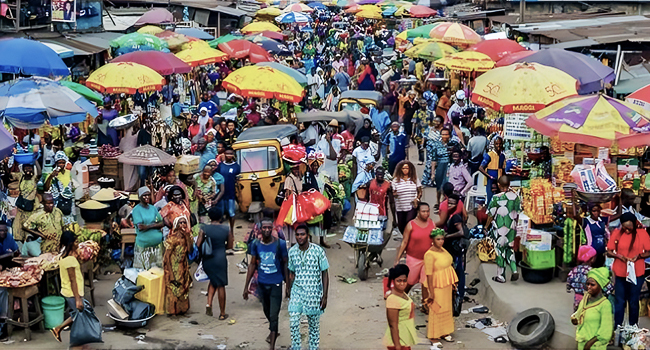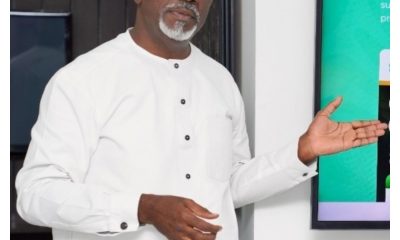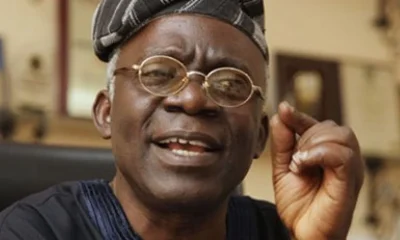BUSINESS
Nigeria Govt Rejects World Bank’s 139M Poverty Report, Cites PPP Flaw

The Nigerian Presidency has strongly disputed the latest economic report from the World Bank, which estimated that approximately 139 million citizens are living in poverty. The government, speaking through President Bola Tinubu’s Special Adviser on Media and Public Communication, Sunday Dare, described the staggering figure as “unrealistic” and disconnected from the country’s actual economic conditions.
Dependable NG reports that in the second line of the content, the Presidency’s rejection centers on the methodology used by the World Bank. The government contended that the 139 million figure is an analytical construct derived from the global poverty line of $2.15 per person per day, a benchmark set in 2017 using the Purchasing Power Parity (PPP) framework. They argued that this model is not a literal, real-time headcount of poor Nigerians and must be properly contextualized. The Special Adviser noted that when converted to current nominal terms, the $2.15 benchmark is equivalent to roughly N100,000 per month, which significantly exceeds Nigeria’s new national minimum wage of N70,000.
Furthermore, the government maintained that the PPP-based poverty assessment relies on outdated consumption data, citing Nigeria’s last major household survey conducted in 2018/2019. Crucially, this methodology often overlooks the massive informal and subsistence economies that sustain millions of households across the nation. The Presidency stressed that the figure should be regarded as a “modelled global estimate, not an empirical representation of conditions in 2025.”
In a direct address to the nation, the Presidency reaffirmed that what truly matters is the economic trajectory, which it believes is now one of recovery and inclusive reform. The Tinubu administration maintained that it is actively confronting the deep-seated structural distortions—including overdependence on imports and productivity constraints—that have constrained growth for decades.
As a reporter for Dependable NG, one can confirm that the government cited ongoing, difficult reforms such as the removal of the fuel subsidy, the unification of the exchange rate, and the fiscal reallocation of funds toward productive sectors as “painful but necessary choices” designed to tackle the root causes of poverty, not just the symptoms. The administration is focused on ensuring that recent macroeconomic stability eventually translates into tangible welfare gains for citizens through affordable food, quality jobs, and reliable infrastructure, with investments being ramped up in agriculture, Micro, Small, and Medium Enterprises (MSMEs), and power reliability.




